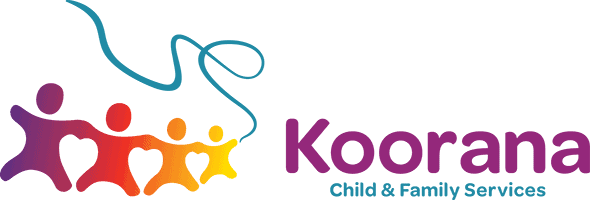Positive Behaviour Support
Our experienced Positive Behaviour Support practitioners use an evidence-based approach to increase children’s quality of life and decrease the frequency and intensity of their challenging behaviours.
What does a Positive Behaviour Support practitioner do?
Positive Behaviour Support practitioner’s play an important role in assisting children with special behavioural or emotional needs. The practitioner will observe the child in all environments, consult with families and others involved with the child and analyse why the behaviour is occurring (the function) and develop a positive approach fulfilling the need that remains unmet, eliminating the behaviour of concern, and improving the child’s quality of life.
Positive Behaviour Support practitioners can support your child with:
- Adapting their environment;
- Developing new skills;
- Eliminating the need for the behaviour; and
- Reducing the need or chances of having to use restrictive interventions.
Who is my Behaviour Support Practitioner?
Behaviour Support Practitioners are experienced professionals with a background in positive behaviour support practice. They may come from a range of backgrounds such as:
- Psychology;
- Occupational Therapy;
- Speech Pathology; and
- Specialist Education.
Positive Behaviour Support practitioners can support you with:
- Understanding what your child is communicating through their behaviour;
- Providing skills to support your child to develop functional means to have their needs met;
- Providing information to better understand your child’s needs through a written plan.
The Koorana Positive Behaviour Support Team
The Koorana Positive Behaviour Support team can work closely with parents and caregivers providing them with guidance, resources, and support.
Our Positive Behaviour Support practitioners collaborate with our broader team of professionals, such as Speech Therapists, Occupational Therapists, Physiotherapists, Specialist Teachers, Psychologists and Key Workers (if applicable) to ensure a holistic and integrated approach to supporting your child. They participate in team-around-the-child meetings and meetings with you to discuss progress, share insights, and coordinate therapeutic interventions.
Knowledge and Experience
We have a diverse team of practitioners, with a wide range of skills and experience. Our team have experience working with a broad range of children, both typically developing and neuro-divergent, aged from 0 – 18 years.
Our Positive Behaviour Support practitioners will develop an individualised plan in consultation with you, which will:
- Consider your family’s unique needs;
- Identify specific goals and strategies to address areas of concern; and
- Monitor and follow your child’s progress.
Koorana works under the Best-Practice guidelines
- Koorana adopts a family-centred and strengths-based approach: Services and supports are based on the family’s needs and choices and utilise the existing strengths of a child.
- Koorana works in natural settings. Our team engages with children and their supports wherever it is most appropriate: at home, preschool, school or elsewhere in the community.
- Transdisciplinary team – Koorana works under the principle of a “team-around-the-child”, ensuring that your child’s practitioners meet together to create the strategy and plan. If your child is accessing early intervention services, you will be assigned a Key Worker within your team. The Key Worker will be your main point of contact and can assist you to coordinate all your services and supports and help empower you to confidently navigate the service system.
- Koorana practitioners follow the principles of Evidence-Based Practice: Our experienced team use strategies that are supported by quality research and are based on the latest evidence.
Flexibility and Choice
We offer a range of settings/styles to best suit your personal needs. Our options include:
Koorana Mobile Team
The practitioner comes to you – our team is mobile and will meet you/your child in their natural settings – home, school, preschool, or early learning centre.
Koorana Online
We can provide support and training for parents and other supports for your child online. Positive Behaviour Support practitioners will provide an online accessible training video as part of their Behaviour Support Package.
Koorana Clinics
We have offices in Belmore and Miranda, where confidential consultations take place, along with transdisciplinary team meetings.
Behaviour Support is only accessible to those with a NDIS Plan. Funds are allocated under Capacity Building, Improved Relationships and are clearly identified as ‘Behaviour Support’.
If you do not have IR funding, we are able to provide supports from Capacity Building, Improved Daily Living or Capacity Building, Early Intervention.
This will result in:
A) Behaviour Assessment Report after the completion of a Functional behaviour Assessment. The BAR identifies the behaviour(s) of concern, the function of the behaviour and recommendation regarding interventions, that may include the development of a Behaviour Support plan (10 hours).
OR
B) Parent training which involves equipping you with knowledge, skills, and strategies to better comprehend and support your child. This kind of intervention goes beyond traditional therapy sessions, empowering parents to take an active role in your child’s therapeutic journey.
FAQ’s
This service is only available for NDIS funded participants, however Koorana will start providing valuable support through our different channels.
How does Positive Behaviour Support differentiate from therapy?
The goal of Behaviour Support is to complete a comprehensive functional assessment of the relevant behaviours of concern for a young person with a disability, and further provide developmentally appropriate and targeted positive behaviour support strategies to carers and support workers.
Therapy is usually provided under a different line item and focuses on skill development and capacity building in a particular area working one-on-one with the individual. Sometimes a therapist will do a brief functional assessment with parents or carers to discern which areas of need to address.
How is behaviour support funded?
Under the National Disability Insurance Scheme Behaviour Support is funded under Improved Relationships. We may still be able to provide a form of behaviour support if you are funded under Improved Daily Living dependent on your NDIS plan goals and needs.
How many hours of support/funding does my child need for a Behaviour Support plan?
This depends on several factors including the complexity of the behaviours and the identified function. Improved Relationships funding is considered ‘stated’ and is based on the recommendations made in reports and/or the completion of a Functional Behaviour Assessment (FBA). To complete an FBA and a report this requires a minimum of 10 hours. In the NDIS Plan under Capacity Building there is a section referred to as Improved relationships and under this line item Behaviour Support. The funding provided is pre-determined.
What if I don’t have enough funding?
It is unfortunately common for participants to not receive enough funding to have their behaviour support needs met. If this is the case we will discuss with you the priorities, that the plan will focus on, provide a report with evidence to the NDIA requesting additional funds to be able to complete a comprehensive plan.
Does my behaviour support provider need to be a NDIS registered Provider?
If you are using NDIS funding for your behaviour support, yes. A behaviour support plan can only be developed by practitioners who are considered suitable by the Commissioner to undertake functional behaviour assessments and develop behaviour support plans. They will be considered suitable pending assessment against the Positive Behaviour Capability Framework. Behaviour support practitioners (whether a sole provider or employed by a provider) must be registered with the NDIS to provide specialist behaviour support (Registration group 110).
What is a restrictive practice?
‘Restrictive practice’ means any practice or intervention that has the effect of restricting the rights or freedom of movement of a person with disability, with the primary purpose of protecting the person or others from harm. There are specific requirements for assessing the need for a restrictive practice and for reporting such practices to both the Quality and Safeguard Commission and NSW Family and Community Services. Your Behaviour Support Practitioner is legally required to follow these guidelines. You can find information about what are considered to be Restrictive practice here Understanding behaviour support and restrictive practices – for participants | NDIS Quality and Safeguards Commission (ndiscommission.gov.au)
How do I make a referral for behaviour support?
You can make a referral to Koorana Child & Family Services for Behaviour Support by completing the online Pre-enrolment form, or you can contact Koorana and speak to one of our Positive Behaviour Practitioners.
Do you need a copy of my NDIS Plan?
You do not have to send us your NDIS plan, however it does reduce the amount of administration required if we are able to ascertain your identified goals and funds available for Behaviour Support. You will need to provide Koorana your NDIS number and the start and finish date of your plan. Behaviour Support is more often considered “Stated Supports” this means that the service provider must make the service booking, and of course the funds can only be used for specific supports.

